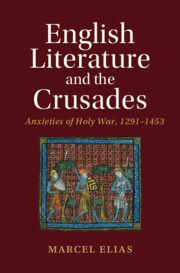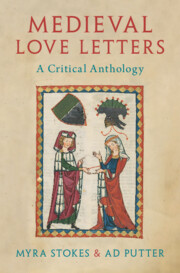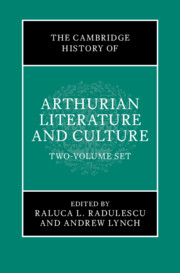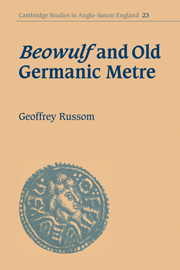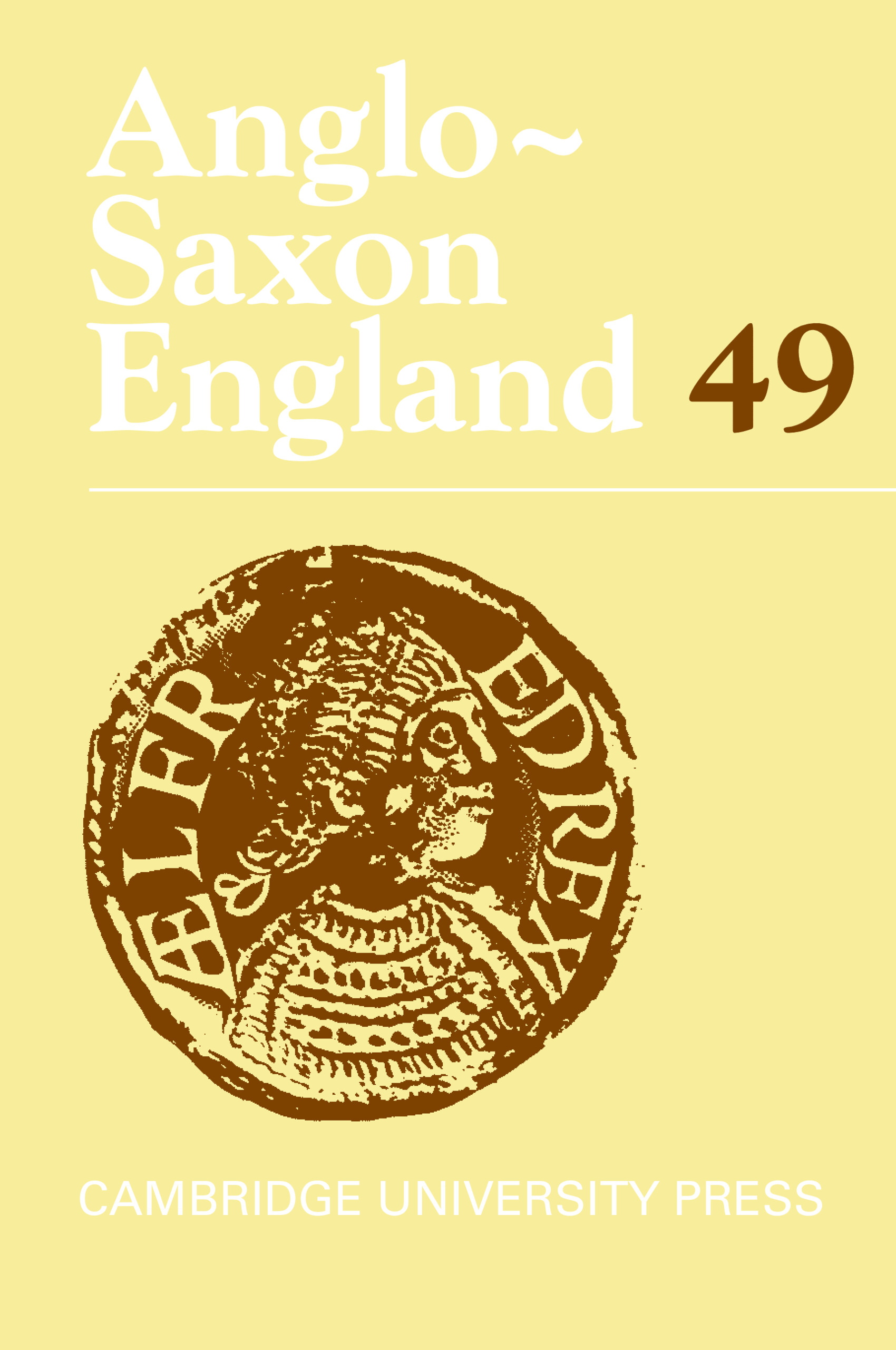English Literature and the Crusades
The period from the Mamlūk reconquest of Acre (1291) to the Ottoman siege of Constantinople (1453) witnessed the production of a substantial corpus of Middle English crusade romances. Marcel Elias places these romances in dialogue with multifarious European writings to offer a novel account of late medieval crusade culture: as ambivalent and self-critical, animated by tensions and debates, and fraught with anxiety. These romances uphold ideals of holy war while expressing anxieties about issues as diverse as God's endorsement of the crusading enterprise, the conversion of Christians to Islam, the sinfulness of crusaders, and the morality of violence. Reinvigorating debates in medieval postcolonialism, drawing on emotion studies, and excavating a rich multilingual archive, this book is a major contribution to the cultural history of the crusades. This title is part of the Flip it Open programme and may also be available open access. Check our website Cambridge Core for details.
- Unearths a variety of new pan-European contexts for understanding insular crusade romances, drawing on materials in English, French, Occitan, German, and Latin
- Builds on insights from postcolonial criticism – while providing explanatory material for those unfamiliar with the discipline – and, for the first time in a book of this kind, draws on the history of emotions to expand the study of crusade literature in new directions
- Innovates methodologically, combining historicist inquiry, close attention to processes of translation or adaptation, and analysis of emotions, offering a new, interdisciplinary approach that can be applied to other literary texts and corpora
Reviews & endorsements
‘Recommended.’ A. L. Kaufman, Choice
‘… speaks to current, urgent conversations about the longer histories of racial and religious chauvinism as they inflect over time and foregrounds tactical and affective responses to centuries of crusading attrition and loss.… will interest medievalists working on race, affect studies, and English crusade literature, and its capacious linguistic range of meticulously researched manuscripts and texts will also appeal more broadly to European historians of cultural encounter. It also dialogues with scholars working on postcolonial literature, decoloniality, and the longer histories of emotions, and will open up new avenues for nuanced transdisciplinary conversation.’ Christine Chism, Modern Philology
‘Based on a secure understanding of wider events in the world of crusading … making good use of the wider debates about crusading strategy that were being stirred across Europe [and] firmly rooted in the evidence from the texts… [this book] pays welcome attention to the anxieties… expressed about the legitimacy of violence at a time when crusaders were rarely achieving their objectives.’ David Abulafia, Times Literary Supplement
‘There is much to praise here. Elias demonstrates a close and thoughtful sensitivity to [his] sources, centred on a clear intent to listen to what these authors are saying … Most importantly, Elias’ overall thesis is plausible. He is very persuasive in his contention that during the period 1291-1453 the culture of crusading in the kingdom of England can be characterised by ‘anxiety’, albeit expressed in various different forms and played out along a range of vectors … In short, this is a very important contribution to a rich topic.’ Nicholas Morton, Journal of Religious History
Product details
October 2024Adobe eBook Reader
9781108936286
0 pages
This ISBN is for an eBook version which is distributed on our behalf by a third party.
Table of Contents
- Introduction
- 1. Royal emotions, blasphemy, and (dis)unity in The Siege of Milan and The Sultan of Babylon
- 2. Hopes and anxieties of conversion in the Otuel romances
- 3. Women, God, and other crusading motives in Guy of Warwick
- 4. Therapeutic crusading and excessive violence in The Siege of Jerusalem and Richard Coeur de Lion
- Conclusion.

